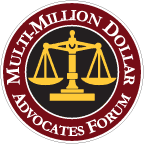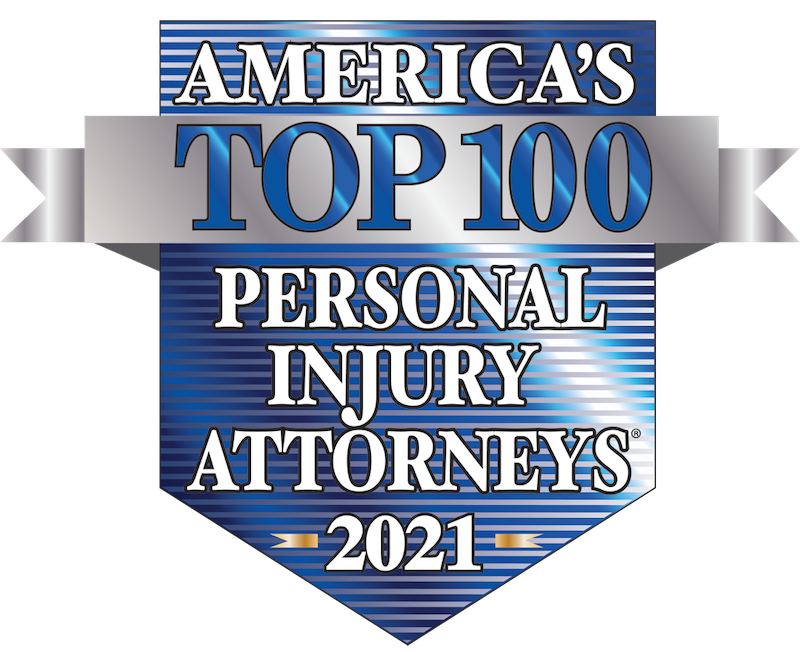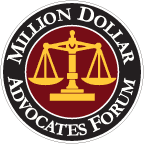When building interiors get damp and stay damp, mold problems often emerge that can cause a variety of health problems which can range from being mildly annoying to something very serious. If you believe you have been exposed to harmful mold and are considering a mold lawsuit, there are some basic things you should know before contacting a mold litigation attorney.
What is mold and how common is it?
Mold is a type of fungus that consists of small organisms that can be found almost everywhere. While mold needs water, oxygen, and warmth to grow, it does not need light. Materials such as drywall, insulation, carpet, paper, cardboard, and wood not only support mold growth but actually provide nutrients for it to live. Attics and basements are often perfect environments for mold to begin growing and spreading to other parts of a building. Large mold problems can typically be seen or smelled but can also be hidden behind walls and ceilings.
There is no practical way to eliminate all mold in an indoor environment, however, known instances of mold can usually be remediated. Depending on the size and seriousness of a mold problem, it may be necessary to hire a professional mold remediation contractor to properly treat and resolve the issue. Mold remediation can be expensive for building owners but handling the problem sooner rather than later can help prevent harm caused to people and property.
The health implications of indoor mold
To reproduce, mold releases microscopic spores that can travel through the air. Mold spores are always present in the air we breathe but exposure to certain mold contaminants can cause health problems for some people. People who are at the most risk for adverse mold effects are infants and children, older adults, people with allergies or asthma, and people with weakened immune systems.1 If you are allergic to mold, your immune system will treat specific mold spores as an allergen causing symptoms such as sneezing, itchy, watery eyes, runny nose, and nasal congestion.2 There are hundreds of types of molds but not all of them are considered harmful. According to the American Academy of Allergy Asthma & Immunology, the most common allergy-causing molds are Alternaria, Aspergillus, Cladosporium, and Penicillium.3
We hear a lot about “black mold” today but the truth is there is no single type of mold is called black mold. Many types of mold are black in color, including Stachybotrys chartarum, which people tend to exclusively associate with black mold. No scientific evidence suggests that exposure to S. chartarum is more dangerous than exposure to any other type of mold.4 The important point here is that it doesn’t matter what type of mold you or your family have been exposed to but what mold-related health conditions have arisen due to the exposure. These can include allergy-like symptoms mentioned above or more serious, long-term effects like memory loss, insomnia, trouble concentrating, confusion, and mold poisoning (mycotoxiocosis).
Determining a legitimate mold health case
Since approximately 2005, a broad international consensus has been reached that mold and dampness in buildings significantly increases disease risk and is a public hazard.5 Even as recent studies continue to document the link between mold and illness, states have different standards or no standards for mold exposure. Currently, there are no federal standards or recommendations for airborne concentrations of mold or mold spores.6 While mold health problems may seem nonstop for some families, medical diagnosis and treatment remain controversial. Claims can easily be challenged by opponents as diagnostic criteria continue to evolve and symptoms may mimic viral or other conditions.
There are several important things you can do if you suspect you or your family member has been exposed to elevated levels of mold:
-
- Find a medical doctor or licensed healthcare practitioner who has experience diagnosing and treating mold-related illnesses. It may be necessary to see a specialist depending on your condition. Always seek prompt medical attention for any emergency.
- Perform an environmental assessment. Try to determine the source of the mold, whether it is in your home, condo, apartment, or workplace. Take photos if possible. If an attorney accepts your case, they may hire an experienced industrial hygienist or mold investigator who will be able to take air samples and perform cultures on visible mold growth as part of their discovery efforts.
- If you believe the mold presence poses an immediate danger, leave the premise.
- Consult with a reputable personal injury lawyer who specializes in mold litigation. They will ask you the right questions to determine the strength of your case and identify which people and companies might be liable for your personal injury claim.
- Parties responsible for mold infestation could include building owners, condominium associations, prior homeowner, builders or contractors, architects or engineers, construction suppliers, property inspectors, realtors, and employers.
- If you own the property where the mold is located, determine a safe mold remediation strategy to implement once all of the evidence is collected.
Mold lawsuit settlements
Mold injury cases can be very complex and difficult to prove. They can also bring unwanted publicity to defendants. Because of this, many of them result in settlements rather than jury trials. Settlement amounts around toxic mold claims can vary significantly depending on the seriousness of the injury or illness and other factors. If it is found that the responsible party for the mold injuries acted negligently, or outside of reasonable standards of care, a victim can potentially be awarded substantial damages that may include medical costs and other economic costs such as loss of work and mold remediation efforts.
If you believe you have been injured by mold as the result of negligence, please call the law offices of Joseph T. Joseph, Jr., LLC in Cleveland or Youngstown at 866-522-1402 to schedule a free consultation. We never charge a fee unless we are successful at helping you recover compensation.
1, 4 “Black Mold Exposure: Symptoms, Treatment, and Prevention.” Medical News Today, MediLexicon International, www.medicalnewstoday.com/articles/323419.
2, 3 “Mold Allergy: AAAAI.” The American Academy of Allergy, Asthma & Immunology, www.aaaai.org/conditions-and-treatments/allergies/mold-allergy.
5 Pizzorno, ND, Joseph. “Is Mold Toxicity Really a Problem for Our Patients? Part 1 – Respiratory Conditions .” Integrative Medicine: A Clinician’s Journal, 15 Apr. 2016, pp. 6–10., www.ncbi.nlm.nih.gov/pmc/articles/PMC4898283/.
6 “A Brief Guide to Mold in the Workplace.” Safety and Health Information Bulletins | A Brief Guide to Mold in the Workplace | Occupational Safety and Health Administration, U.S. Department of Labor, www.osha.gov/dts/shib/shib101003.html#:~:text=Currently%2C%20there%20are%20no%20federal,of%20mold%20or%20mold%20spores.&text=Most%20typical%20indoor%20air%20exposures,risk%20of%20adverse%20health%20effects.
©2020 Joseph Law Group

















